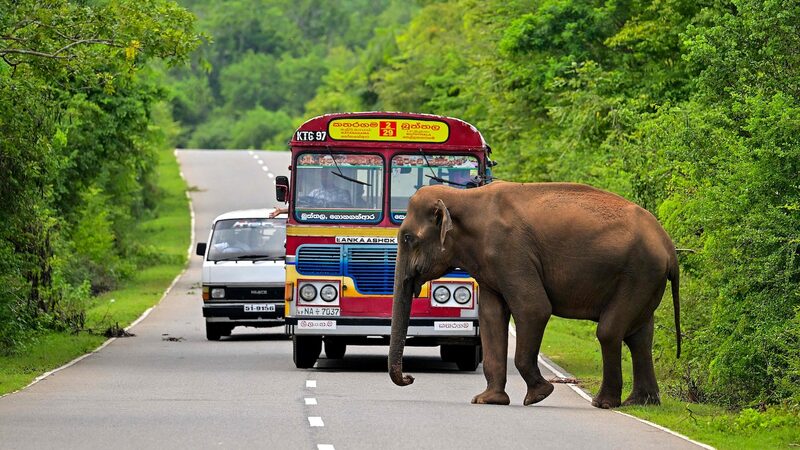Human activity is accelerating the decline of older animals in the wild, both on land and at sea, intensifying the impacts of habitat loss, disease, and extreme climate events, according to a recent Australian study.
The study, published on Friday by Charles Darwin University (CDU) in Australia's Northern Territory, highlights that poaching, trophy hunting, predator hunting, and recreational harvests are leading causes of the loss of older animals on land. Iconic species such as lions and elephants are among those where older individuals are disproportionately affected.
Researchers emphasize that the removal of older animals can have cascading effects on ecosystems. Older animals often play critical roles in their environments, including leadership within social groups, knowledge of migration routes, and reproductive contributions.
The findings underscore the need for global conservation efforts to address human impacts on wildlife populations, particularly focusing on the protection of mature individuals that are vital for the survival and stability of species.
Reference(s):
cgtn.com








